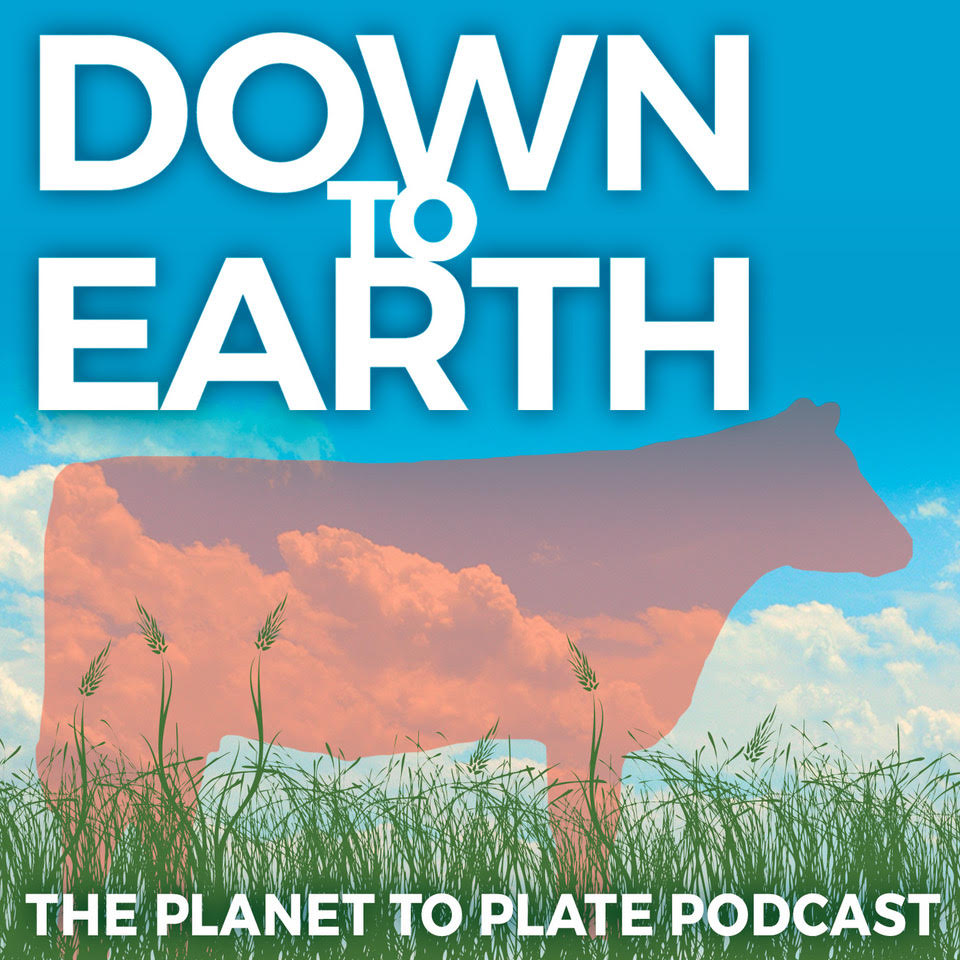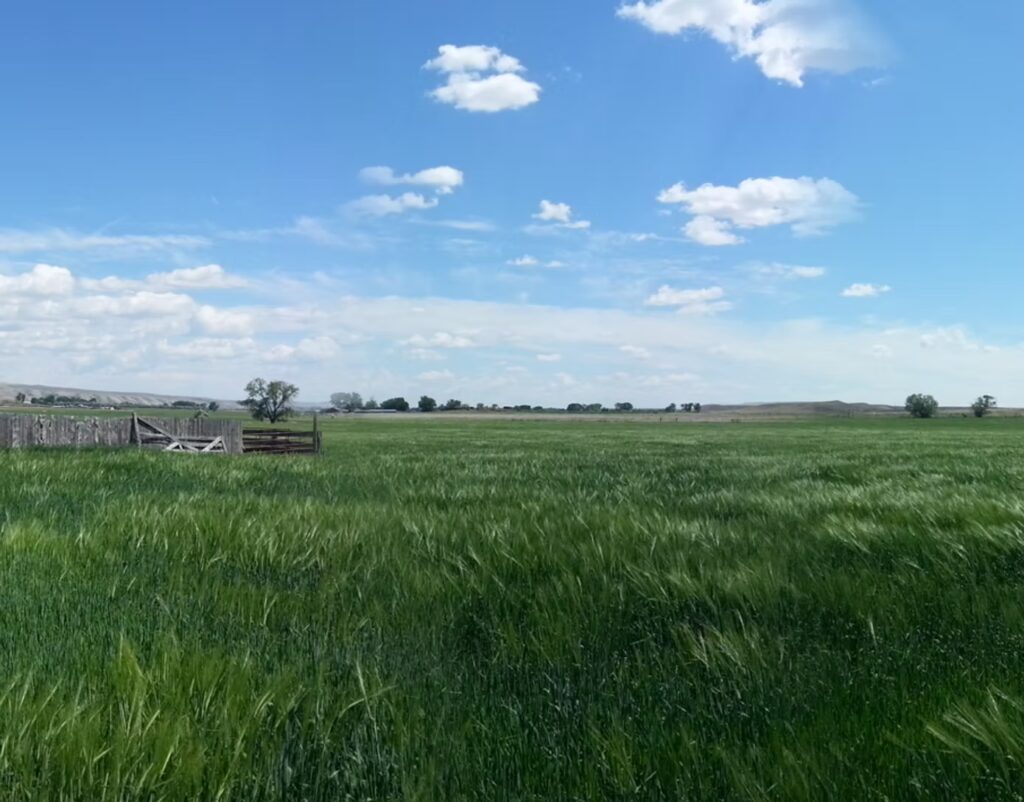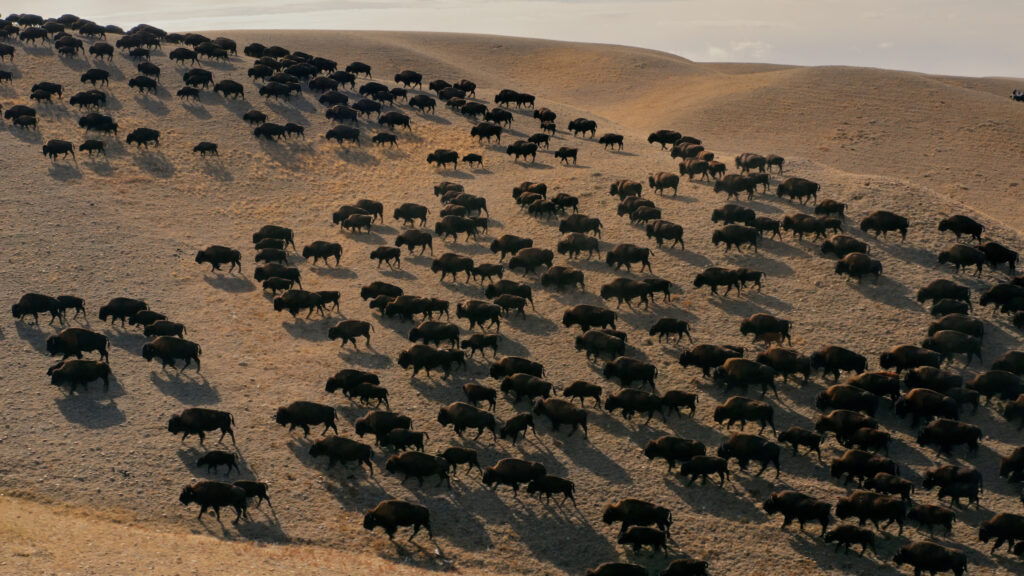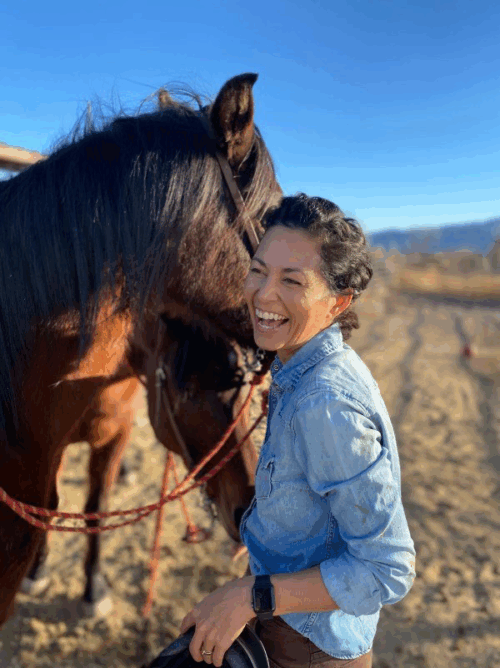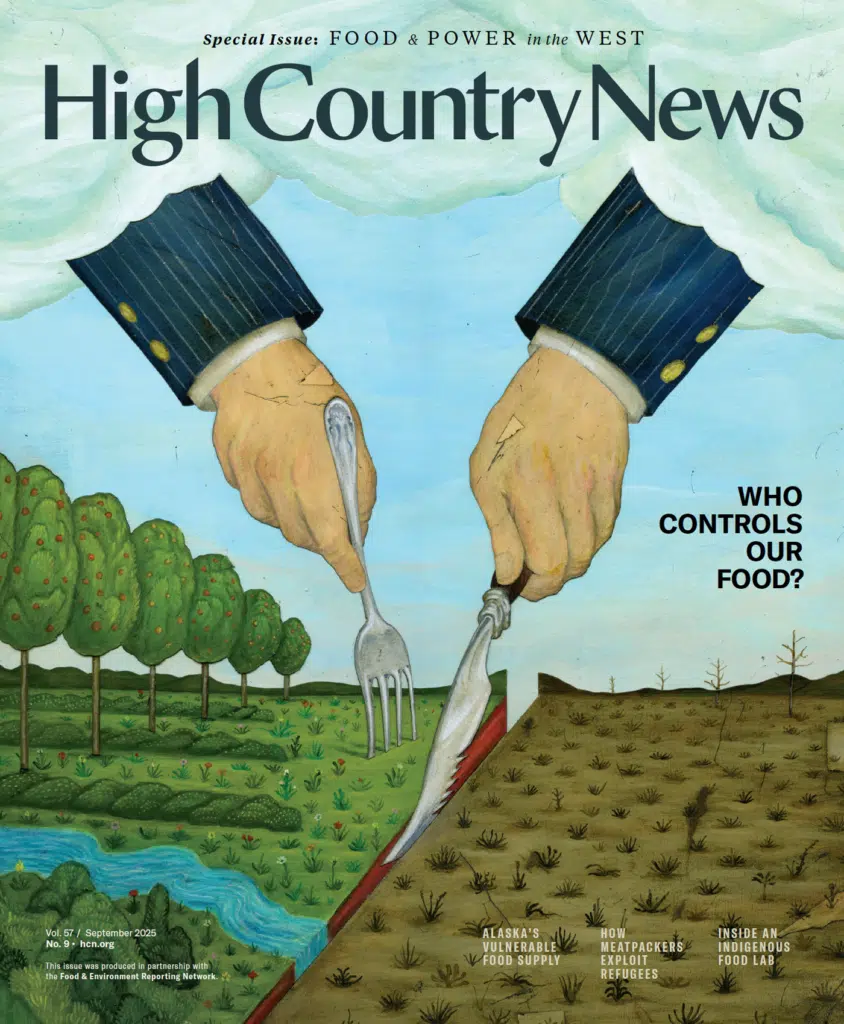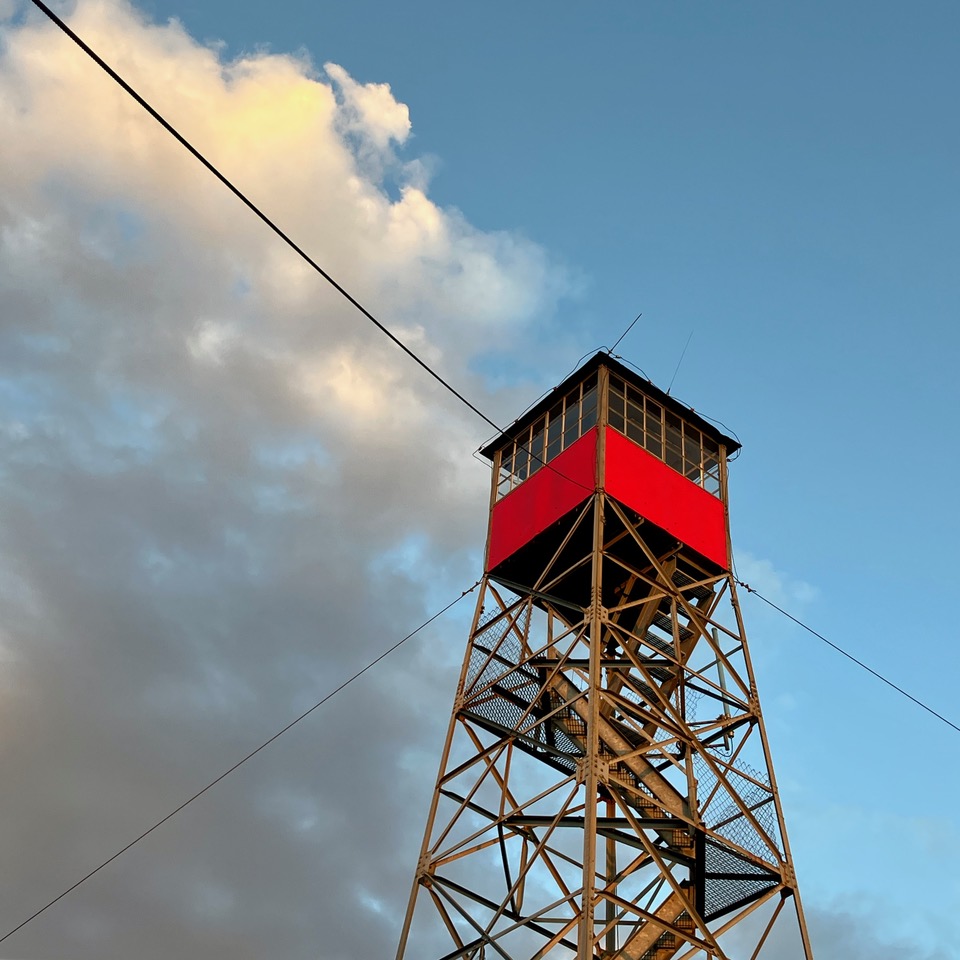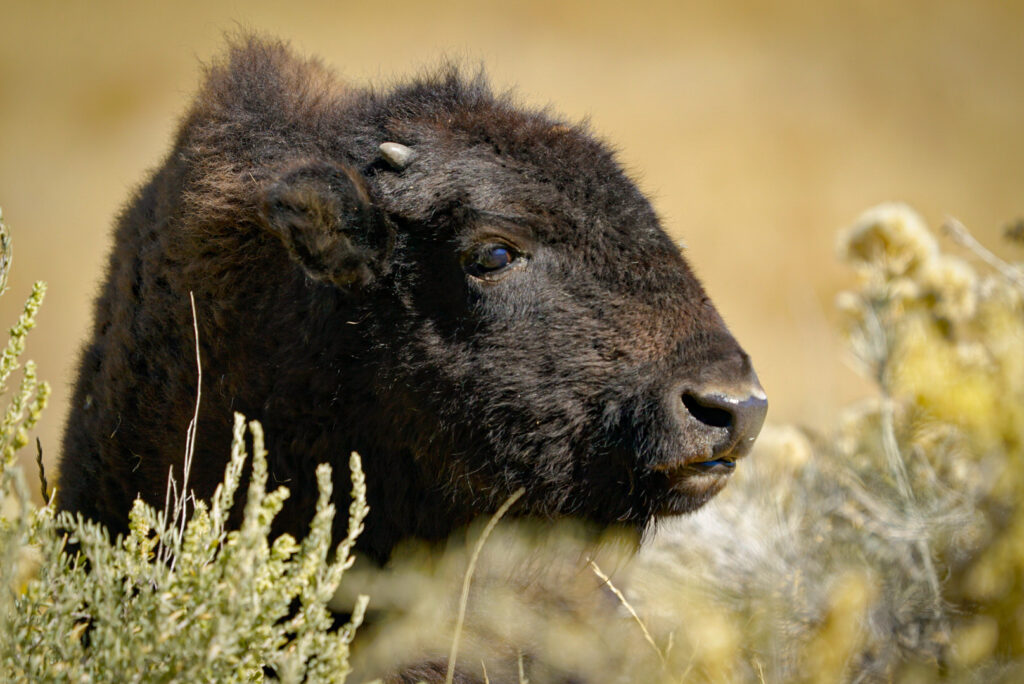Sarah Wentzel-Fisher is executive director of Quivira Coalition. A native of South Dakota, she came to her work in agriculture and leadership via a circuitous path that included the creative arts, writing, community and regional planning, and collective problem-solving. In this podcast we discuss everything from the purpose of scientific inquiry in regenerative agriculture to Quivira’s history and current programs to her own work in farming.
Timestamp & Show Notes
2’24 Quivira’s mission
3’08 broad definition of “working lands”
4’07 back issues of Resilience and the Quivira Coalition Newsletter
5’05 doing long-game work that will continue over generations
6’52 fewer and older farmers
8’50 conservation easements
10’26 role of public lands
11’40 Bureau of Land Management
12’44 healthy ecosystems are profitable
13’02 importance of adaptability
14’46 tension between bureaucratic guidelines and what the grazing lands needs
15’35 Glenn Elzinga and “in-herding”
16’31 role of science in regenerative ag
18’18 science discovering things we don’t know vs. science demonstrating things we already do know
18’34 traditional ecological knowledge
19’23 Western SARE
20’01 value of iterative work and learning
21’22 importance of soil
21’56 making sure that the scientific questions about land are coming from people who are working on the land
23’10 virtual fencing
23’49 Quivira’s Carbon Ranch Initiative
25’05 New Agrarian Program
25’52 training ranchers to be mentors
26’38 helping young people in their career paths
27’37 biodiversity and human communities
28’15 Coalition to Enhance Working Lands in New Mexico and Colorado
30’36 REGENERATE Conference this November 6-8 in Denver
31’57 Sarah’s own background
33’14 started as an artist and shifted from a mindset of art for art’s sake to art for community’s sake
34’21 living and farming at Polk’s Folly Farm
35’11 Sarah’s flock of sheep
35’53 feeding the pigs food waste
37’00 grazing goats and sheep
39’22 how do you cultivate regional food systems
40’29 importance of short value chains
42’44 need for infrastructure for “ag in the middle” serving regional areas
45’40 people are now more familiar with “regenerative agriculture”
47’19 regenerative ag is showing up in policy
47’53 how the Biden administration is doing
49’23 Rocky Mountain Farmers Union


